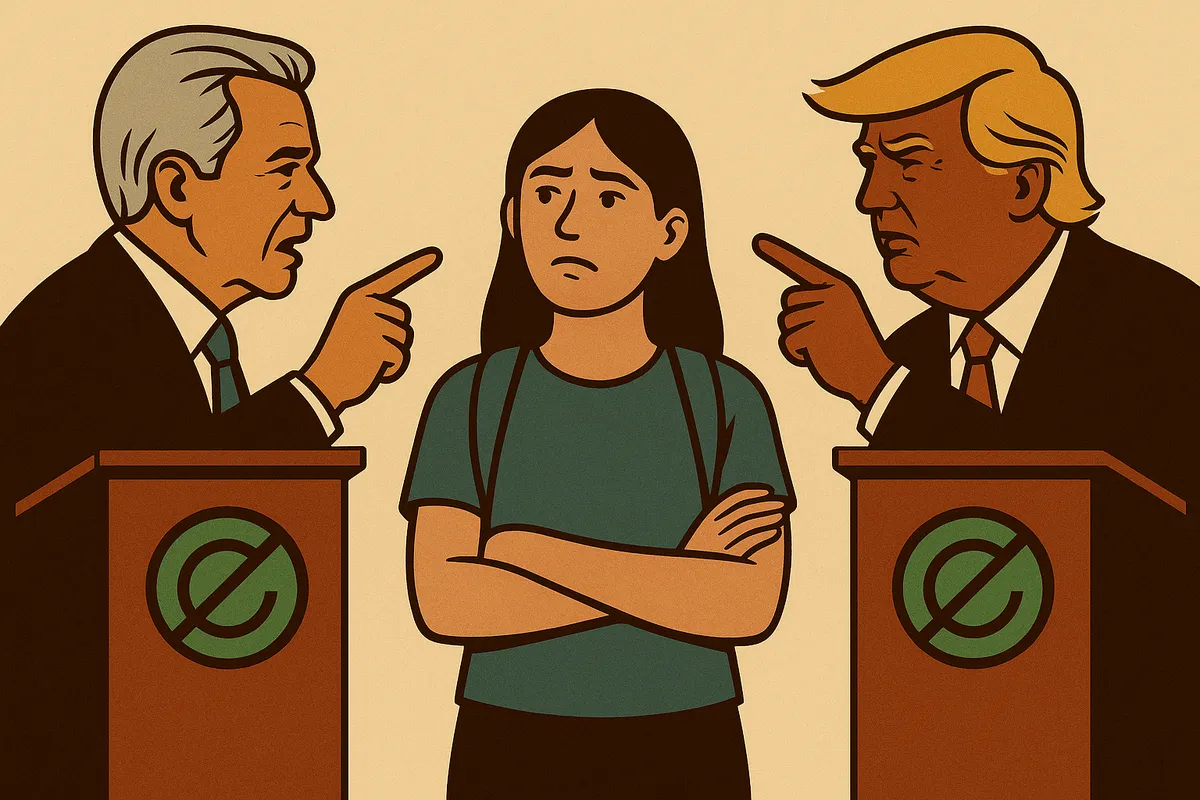Student Journalist Calls Out Political 'Autism Cure' Myths
 Political Myths Masquerading as Science
Political Myths Masquerading as Science
When RFK Jr. and Trump both claimed that autism could be linked to Tylenol and "treated" with a chemo drug, it looked less like science and more like scapegoating. In a sharp op-ed for her campus paper, autistic student Emily Rutz dismantled the narrative: cure talk isn’t protection — it’s propaganda.
What the Politicians Claimed
In September, RFK Jr. argued that acetaminophen causes autism and that leucovorin is the cure. Rutz points out that the evidence shows only association, not causation, and that Tylenol remains one of the safest options during pregnancy. Trump then added that the Cuban people Amish communities supposedly have no autism because they don’t use Tylenol — a myth exposed by the simple fact that autism long predates the drug.
What the Science Actually Shows
Rather than one disease to be solved, autism is better understood as hundreds of genetic variations, most of them hereditary. SPARK’s research confirms this complexity. Environmental factors — like pollution, illness during pregnancy or birth complications — also shape outcomes, but not in the way politicians suggest. As for leucovorin, Rutz notes it may ease certain folate deficiencies, yet describing it as a cure is misleading and manipulative.
The Real Harm of Cure Rhetoric
Cure talk does not protect autistic people. It punishes pregnant women, manipulates parents, and distracts from genuine needs for support and access. Politicians here are not citing science to protect lives; they are weaponizing autism to score political points and tighten control over women’s choices.
From Cure to Care
The op-ed insists on a different set of questions. Instead of chasing drugs, why not invest in supports that sustain autistic lives? Instead of labeling genes as broken, how can we recognize variation without erasure? Instead of talking prevention, why are we still underfunding access and dignity?
Cure rhetoric has always promised control, not care. By reframing autism as variation within the human genome, Rutz reminds us that the real question is sharper: If autism doesn’t need curing, then who benefits from pretending it does?